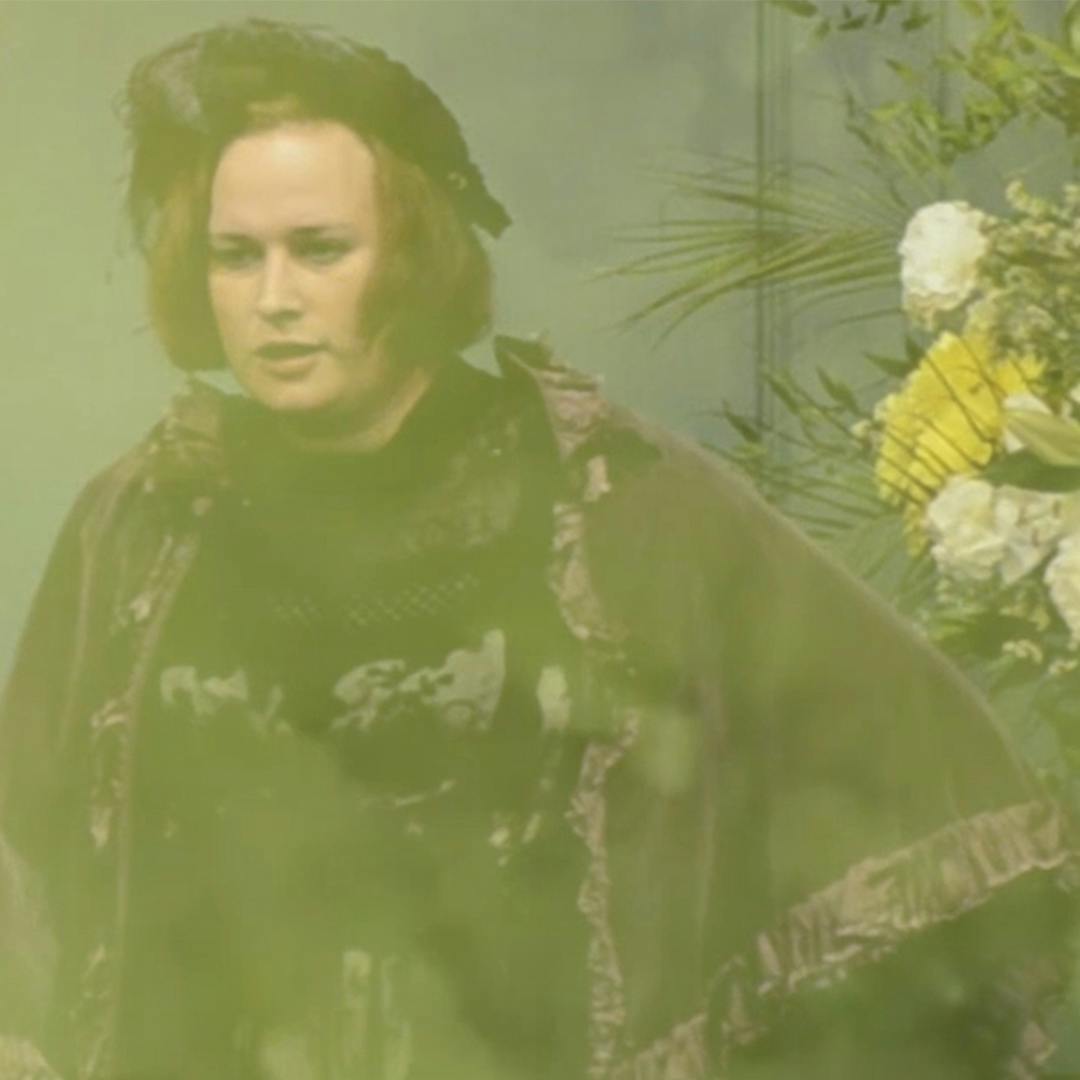Ten years ago, Juliet Jacques began writing a blog for The Guardian entitled A Transgender Journey, which serialised the gender reassignment process for a mainstream British newspaper for the first time. The series soon found a following, running for more than two years between June 2010 and November 2012 and being longlisted for the Orwell Prize in 2011, as it became an important part of a wave of activism that aimed to improve media representation of trans and non-binary people, which had previously been largely hostile – not least in the nominally liberal Guardian. For a time, it looked like progress was being made, as trans writers and journalists secured platforms never before granted to them, using them to shift the conversation beyond ‘Trans 101’ and to talk to mass audiences about transphobia, trans healthcare, history, politics, art and culture in an unprecedented way.
After Time magazine’s famous ‘Transgender Tipping Point’ article of May 2014, things tipped back again. Liberal and conservative publications rescinded this access, allowing the discourse to be dominated by ‘gender critical’ voices who questioned the legitimacy of trans identities, argued against young trans people’s access to healthcare and sought to sideline this new wave of trans writers from prominent media outlets. In the late 2010s, this culminated in a Guardian editorial about the Gender Recognition Act that was publicly disowned by the paper’s own US branch, and preceded the planned consultation into reforming the Act being dropped. Since the 2019 general election, Liz Truss, the Conservative MP and Minister for Women and Equalities, has made several speeches suggesting that a roll-back of trans rights is on the cards, responding in part to the ‘concerns’ repeatedly raised in British mainstream media.
A decade after that Transgender Journey began, and five years after her book Trans: A Memoir – which itself reflected on her experiences in the media – was published, Juliet spoke to trans writer, musician and activist CN Lester (author of Trans Like Me) about the impact the series had, and the current state of trans media representation in the UK. They discussed how and why Juliet wrote the blog, how it got commissioned, how much the series and other approaches to media activism changed the culture at the Guardian and elsewhere, what’s got better and what’s got worse in the last ten years, and what they hope might happen in the 2020s.

